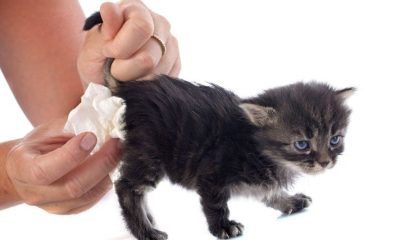Birds
Unlocking the Mysteries of the Cockatiel Lifespan in Captivity
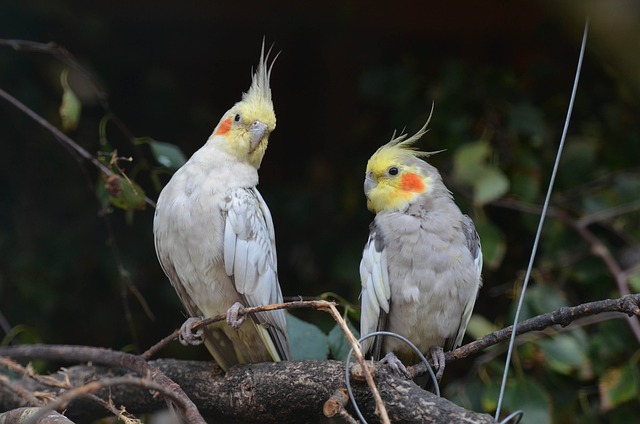
A long, healthy life in captivity sounds good in theory, but it’s not always the reality. Cockatiels aren’t the longest-living parrots in the world; their average lifespan is 14 to 15 years, but they have been known to live up to 30 years with proper care. This guide will take you through how to properly care for your cockatiel so that you can unlock the mysteries of their lifespan and keep them around as long as possible.
What Are Cockatiels?
The cockatiel, Nymphicus hollandicus, is a member of a large family of Australian birds also known as parrots. These creatures have been domesticated for more than 100 years, making them one of only a few species to be trained to mimic human speech. They are so well-known for their ability to learn that they are often used by animal trainers to teach other animals how to speak.
How Big Do They Get?

Generally, male cockatiels are smaller than female cockatiels. Males usually reach a size of 11 to 12 inches from beak to tail; females are typically larger at 13 to 14 inches from beak to tail. Male and female cockatiels can both weigh up to four ounces.
How Long Do They Live?: Average life expectancy for cockatiels is between 15 and 20 years if they’re properly cared for. Some have been known to live even longer!
Behavioral Characteristics and Personality Traits
The cockatiel is a smart bird, which means he can learn his name and be trained to do tricks. He can also form strong bonds with people and pets alike. Highly social, these birds are happiest when they have time to interact with others around them. If you’re looking for an intelligent companion pet, then a cockatiel might make an ideal choice for you.
3 Reasons Why You Should Have A Cockatiel As A Pet

Sometimes referred to as parrotlets, cockatiels are among the smallest members of the parrot family. While they are small enough to fit into your hand, you will find them very easy to care for. The best part is that they can live for up to 30 years! They’re also quite vocal so if you want an independent pet that doesn’t need constant interaction these little birds are perfect for you. Here are 3 reasons why you should have a cockatiel as a pet: Your Guide To Owning A Cockatiel: Once you get your bird, it’s important to learn about how to take care of him or her properly. If you don’t know what you’re doing, it could be dangerous to both yourself and your pet. With that said, here are some tips on what you need to do when taking care of a cockatiel The Most Common Health Problems In Cockatiels: Like any other animal, cockatiels are prone to getting sick now and then.
Keeping Them as Pets – General Requirements and Recommendations
The most important thing to remember about cockatiels is that they’re going to live 15-20 years, so you need to plan for that when deciding what kind of setup you want and how much time and money you’re willing to put into caring for them. The good news is that a well-cared-for cockatiel will probably be more affectionate than a dog or cat! Of course, they don’t know any tricks as Fido does.
Why Do Cockatiels Live Only 5 Years On Average? And What Happens To Them When They Get Older?
Just like humans, cockatiels live different lifespans depending on their care, diet, and genetic predisposition to the disease. However, unlike humans, there’s not much data available regarding how long cockatiels typically live in captivity. This post will cover how cockatiels age as well as some tricks you can use to extend your pet’s lifespan. Please note: The lifespan suggestions are my educated recommendations based on my own experience with pet birds and anecdotal evidence from other avian owners.
What We Can Do To Give Them A Longer Life Expectancy?

There are several things that we can do to help our cockatiels live longer and healthier lives. Cockatiels are very much like humans, and because they’re so intelligent, you can teach them tricks and reward good behavior. It’s important to let them know who’s boss from day one. They love attention, but some cockatiels are naughty by nature and have been known to bite their owners if they get too excited or aggressive with them.
Frequently Asked Questions About Their Age, Health, Happiness, and Their Lives Overall
- What is a cockatiel’s lifespan? 2. How long do they live in captivity? 3. Do they survive without feathers? 4. Do cockatiels talk? 5. Why do they have dashes on their wings? 6. Are there any reputable places to adopt or buy cockatiels online? 7. How can I play with my bird when it hurts his feet to walk on them? 8. Where can I find pet insurance for my bird(s)? 9. Can you keep two birds together? 10. Can you keep male and female birds together? 11. Can cockatiels be hand-fed? 12. Can you keep more than one cockatiel at a time? 13. Is it normal for my cockatiel to bite me? 14. Is it normal if my bird doesn’t sing much anymore after he’s matured into adulthood?
visit our site for the answers
Read Also :
6 Interesting Tidbits About Birds That You Probably Didn’t Know
Get to Know Birds: The Basic Tricks You Need to Know
Birds
7 Effective Ways to Protect Your Pigeons from Diseases
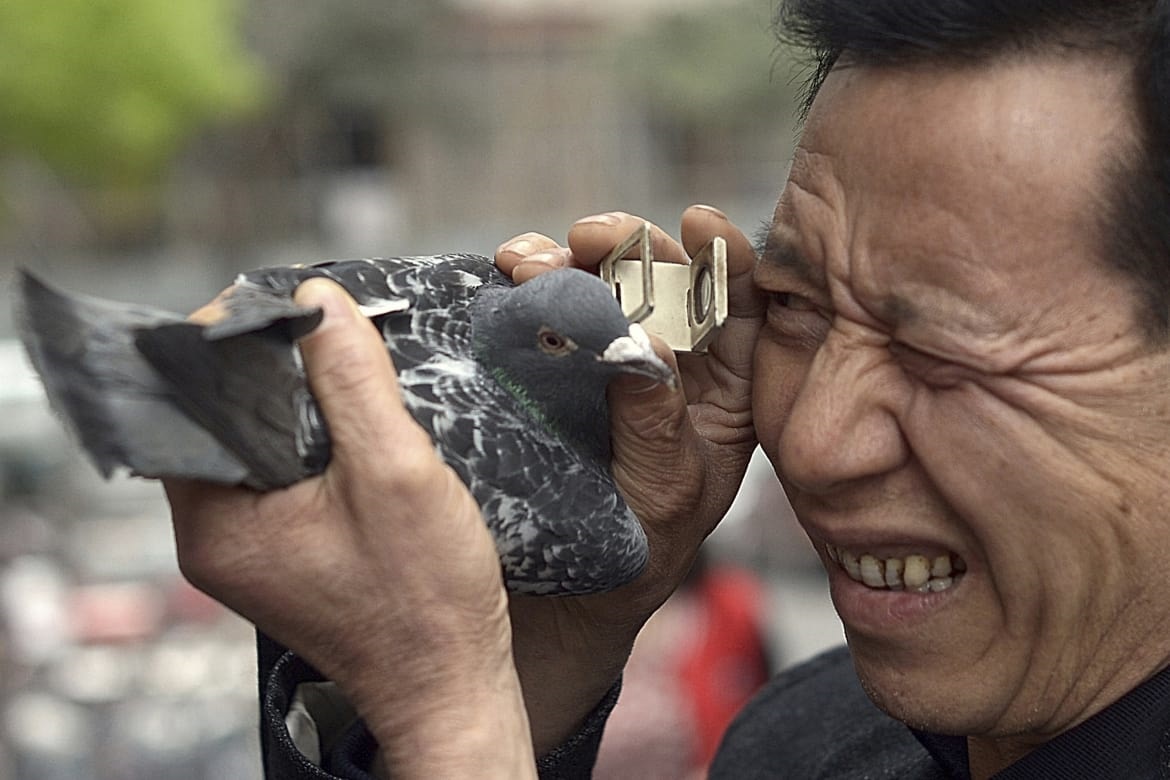
Pigeons are beloved by many as they are beautiful and gentle birds that make great pets. Unfortunately, pigeons can be prone to certain diseases that can threaten their health and well-being. If you own a pigeon or are thinking of getting one, it is important to know how to protect pigeons from diseases. In this blog post, we will provide you with seven effective ways to protect your pigeons from diseases and keep them healthy and happy.
1. Know the Common Diseases that Affect Pigeons
Pigeons, like any living creature, are susceptible to certain diseases that can compromise their health and well-being. As a responsible pigeon owner, it is crucial to be aware of these common diseases and take proactive steps to protect your beloved birds. In this section, we will explore some of the most prevalent diseases that affect pigeons and discuss how to protect them from these ailments.
One of the most common diseases that pigeons can suffer from is canker. Canker is a parasitic disease caused by the Trichomonas gallinae organism, which affects the digestive system of pigeons. Infected pigeons may exhibit symptoms such as weight loss, regurgitation, and anorexia. It is crucial to recognize the signs of canker early on, as prompt treatment is necessary to prevent the disease from spreading and causing further harm.
To protect your pigeons from cankers and other diseases, it is essential to maintain good hygiene practices. Regularly clean and sanitize their living environment, paying particular attention to their nesting areas and feeding equipment. Remove any droppings, uneaten food, or debris that could potentially harbor harmful bacteria or parasites. By keeping their living environment clean, you minimize the risk of diseases spreading and creating an unhealthy environment for your pigeons.
Additionally, providing fresh and nutritious food is essential for boosting your pigeons’ immune systems and overall health. A well-balanced diet rich in essential vitamins, minerals, and proteins helps to strengthen their immune system and enhance their ability to fight off infections. Ensure that their food is stored in a clean and dry place, away from moisture or pests that could contaminate it.
Birds
Temperature to incubate duck eggs
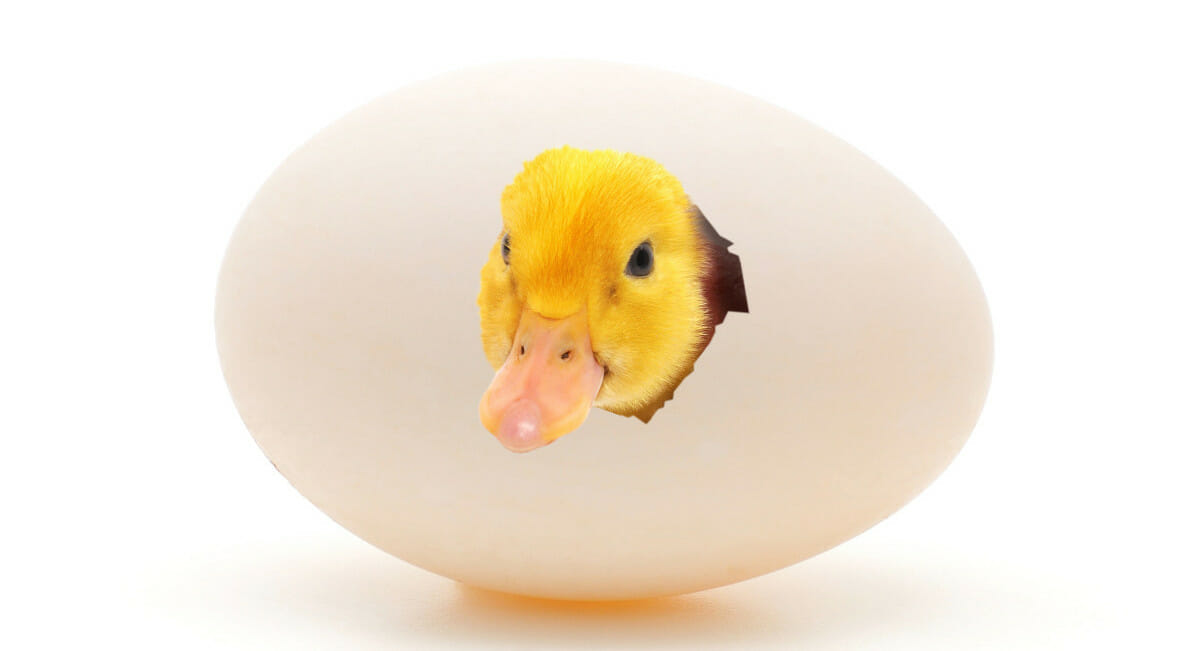
If you’re looking to incubate duck eggs, you’ll need to make sure the temperature is just right! Incubating duck eggs requires precise temperatures and humidity levels to ensure the eggs develop properly. In this blog post, we’ll go over the optimal temperature for incubating duck eggs so that you can be successful in your hatching process.
Fill a large, clean container with warm water.
When it comes to incubating duck eggs, the temperature of the water is essential. The ideal temperature for duck eggs is around 100°F (37.8°C). To ensure your eggs are incubating at the right temperature, you need to fill a large, clean container with warm water.
You can use a shallow container or an aquarium as long as it’s clean and large enough to accommodate the number of eggs you have. If you’re using a shallow container, you may need to top up the water now and then to keep the temperature stable.
Fill the container with warm tap water – but make sure you check the temperature of the water before adding the eggs. You don’t want it to be too hot as this can damage the eggs. Use a thermometer to check that the water is around 100°F (37.8°C) and adjust if necessary. Once the temperature is correct, you’re ready to add the eggs!
Place the eggs in the container.
Once you have the container filled with the desired temperature of warm water, it is time to add the eggs. Make sure that each egg is completely submerged in the water. The warmth of the water will help keep the eggs at a consistent temperature throughout the incubation period. Additionally, be sure to not overcrowd the container; leaving some space between each egg will help ensure that the eggs are evenly heated and receive adequate airflow. After all of the eggs have been placed in the container, cover the container with a lid and make sure that it is sealed tightly.
Check the temperature of the water regularly.
When incubating duck eggs, it is important to check the temperature of the water regularly. The ideal temperature for hatching duck eggs is 99.5-102°F (37.5-38.8°C). Using a thermometer, make sure that the temperature of the water stays within this range. If the temperature starts to drop below 99.5°F (37.5°C), you can add warm water to bring it back up. On the other hand, if the temperature rises above 102°F (38.8°C), you can add cooler water to bring it down. Additionally, it is important to check the temperature of the water at least twice a day to ensure that it remains consistent. This will help provide your duck eggs with an optimal environment for hatching.
Adjust the temperature as necessary.
When incubating duck eggs, it is important to make sure that the temperature stays at a consistent level throughout the incubation period. This can be done by regularly checking the temperature of the water in the container and adjusting it as necessary. Depending on the size of the container and how many eggs you are incubating, you may need to use a thermometer or an incubator to maintain the correct temperature.
The optimal temperature range for duck eggs is between 37 and 40 degrees Celsius. Make sure that you adjust the temperature accordingly if it falls outside this range. If the temperature is too low, it could lead to embryonic death; if the temperature is too high, it could cause poor hatchability. To make sure your eggs stay at a steady temperature, try to keep the water in the container warm but not hot. You may also want to use an egg turner to ensure that all of your eggs are evenly heated.

Keep the eggs in the container until they hatch.
Once you have the eggs in the container and the temperature is steady, it is important to keep them there until they hatch. This process typically takes 28-35 days. Check on the eggs daily, making sure the temperature remains constant and that the eggs are still firmly in place. You can also turn the eggs over gently every day to ensure even heat distribution. To monitor the progress of the eggs, it is recommended to handle them every week or so. Candling involves shining a bright light through the eggshell to check for signs of life inside. As hatching approaches, you may notice cracks in the shells, which is an indication that the eggs are about to hatch. Once the chicks have fully emerged, you can remove them from the container and move them to their permanent home.
Read Also :
Keeping ducks out of the pool
Raising Quail eggs
Birds
06 Tips For Properly Caring For Your Parakeets
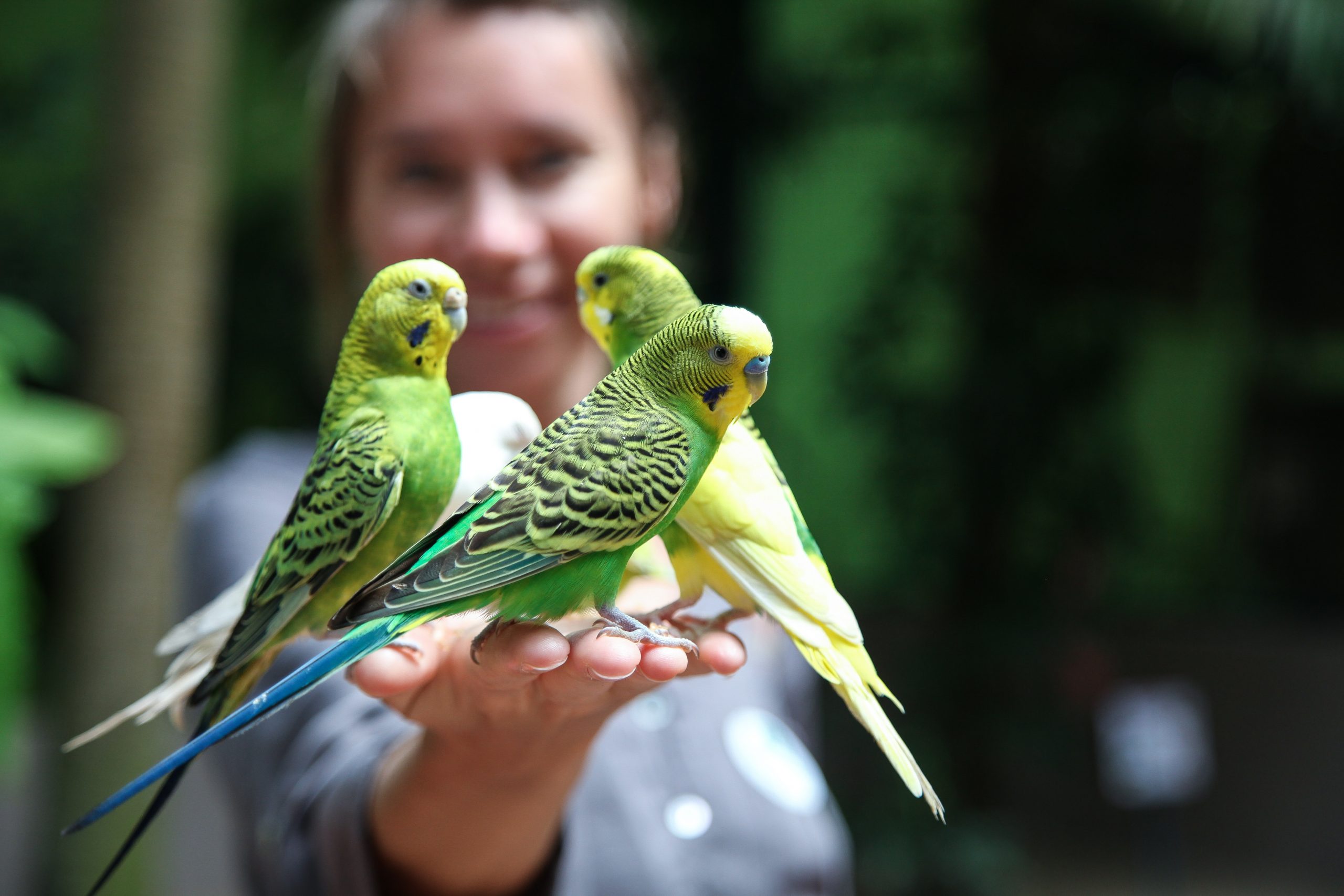
Want to make your pet parakeet’s life as enjoyable as possible? Follow these six tips for proper parakeet care, and you’ll help give them a happy and healthy life!
1) Don’t Let Their Cage Become Dirty
Be sure to clean your parakeet’s cage regularly, particularly if you see them doing their business in it. If they urinate in their cage, be sure to clean that area as soon as possible and refill their water container and food bowls. Also, wipe down any perches or other areas of their cage with a damp paper towel. Doing these things will make sure that your parakeet doesn’t get sick! What To Feed Them: In terms of feeding, it is important to ensure that your parakeet has an appropriate diet.
2) Feed Them Appropriately
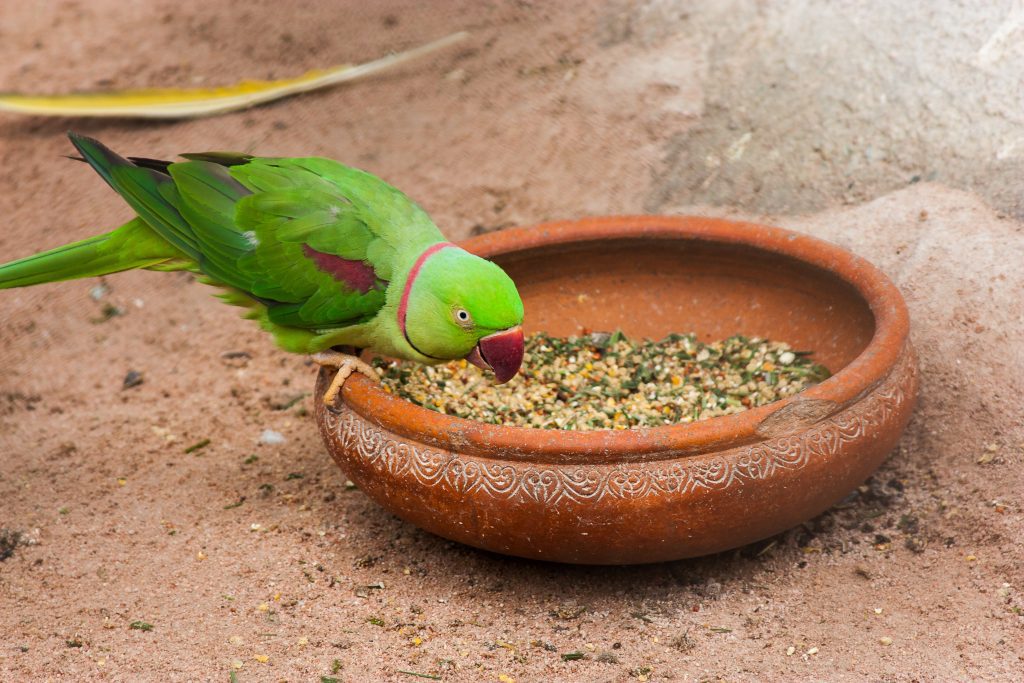
The type and frequency of food you feed your parakeet will make a huge difference in his overall health and happiness. Choose your bird’s food carefully, and avoid cheap filler foods with high sugar content. Try to mimic natural feeding habits by offering fresh fruits and veggies as well as small amounts of nuts and seeds from time to time. Also, be sure that water is clean and fresh at all times. Water bottles should be changed regularly and kept away from drafts or direct sunlight.
3) Provide Fresh Water
Fresh water is essential for parakeet survival, and it’s easy to forget to provide enough of it at all times. If you want your parakeets to thrive, be sure you provide a fresh supply of clean water at all times. The size of their bowls should not just be based on capacity; they must also be large enough that your birds can dip their heads in them without spilling water while they drink. It’s also important to make sure that no standing water remains in their bowl after each use.
4) Give Them Time Outside of The Cage
A lot of parakeet owners may feel like their pet bird is isolated, cooped up in that cage all day and night. This doesn’t have to be so. By giving them time outside of their cage each day, you allow them to stretch their wings and just have fun being a bird! Not only will your pet enjoy his or her time outside of their cage, but you’ll get some extra bonding time with him or her as well. Many experts recommend spending at least 15 minutes every day interacting with your pet birds out of their cages.
5) Always Remember That They Are Wild Animals
Keeping a parakeet in your home can make for an incredibly fun, adorable, and interesting experience, but it’s important to remember that they are wild animals. They need the freedom to fly and explore outside of their cage. You must give them time out of their cage regularly—at least once per day—to stretch their wings and enjoy themselves. This will keep them happy and healthy. If you have any other pets or children at home, be sure to watch them carefully around your new pet bird so as not to frighten or stress him/her.
6) Don’t Keep One By Yourself
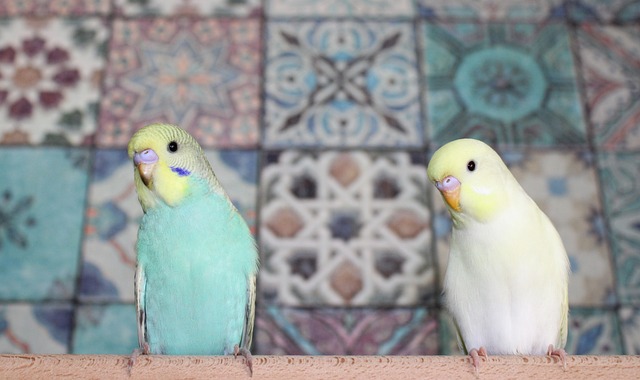
In general, parakeets make poor solitary pets. They are social creatures and do best when in a flock of at least two or three. If you do happen to have only one bird, make sure to spend as much time with it as possible to help it feel more secure. Be sure to include your pet in family activities whenever possible, even if it’s just watching TV together.
Read Also :
Get to Know Birds: The Basic Tricks You Need to Know
The Perfect Blend for Your Birds: Birds and Blend
Trending

 Cats1 year ago
Cats1 year agoDon’t Feed Your Cat These 8 Foods!

 Cats11 months ago
Cats11 months agoWhy Do Cats Spray and How Can You Stop Them? Insights into Urine Spraying in Male Cats

 Cats10 months ago
Cats10 months agoThe Ins and Outs of Cat Sterilization: Removing the Female’s Ovaries

 Cats10 months ago
Cats10 months agoPre-Vaccination Prep: Getting Your Cat Ready

 Cats9 months ago
Cats9 months agoWhy Kittens are Born Dead or Deformed

 Dogs2 years ago
Dogs2 years agoSo You’re Thinking About Getting a Poodle

 Dogs10 months ago
Dogs10 months agoWhat to Do With Your Dog’s Body After Death: A Guide for Pet Owners

 Cats9 months ago
Cats9 months agoSigns of Cat Pregnancy Week by Week




